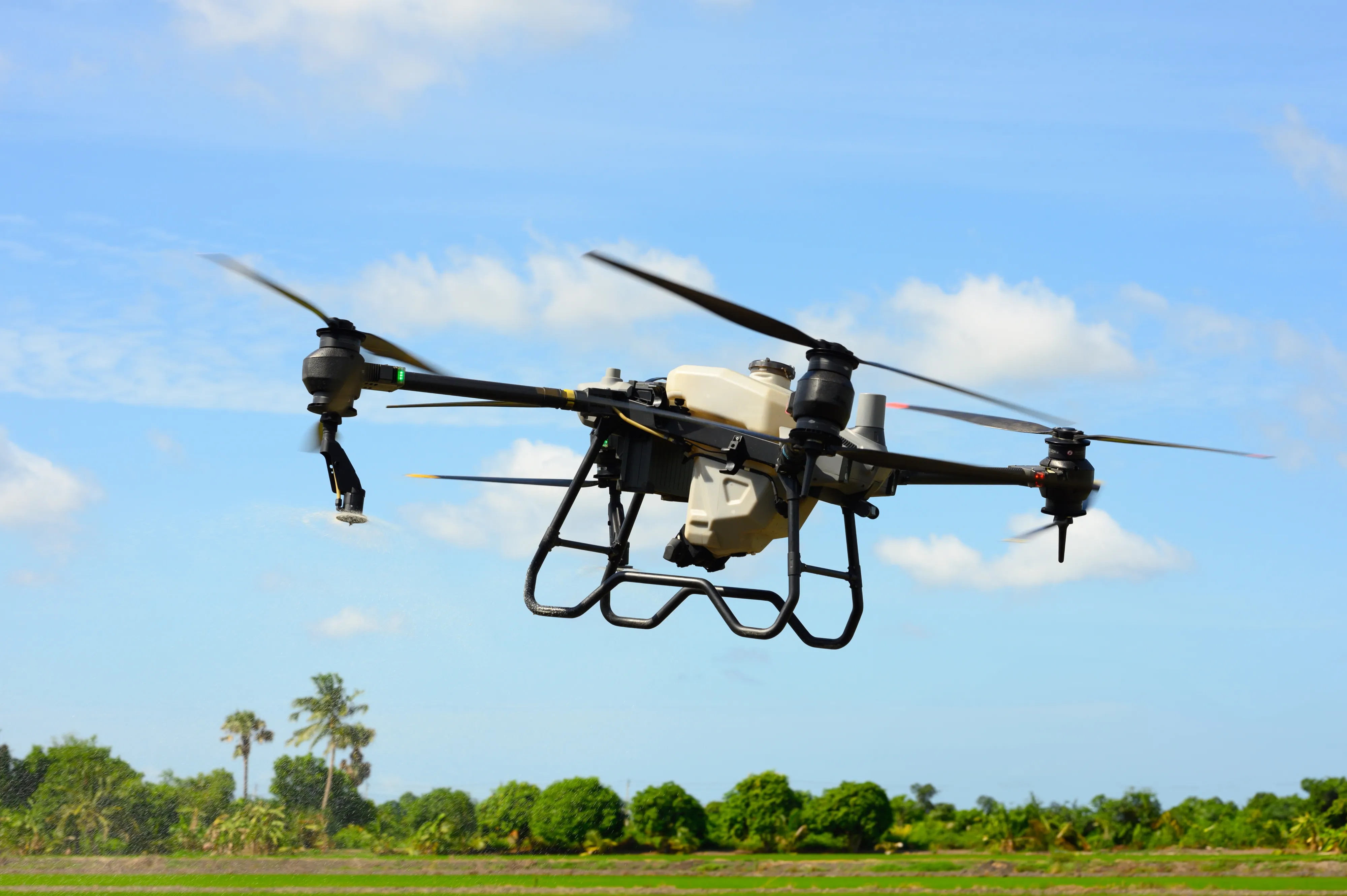Russian Scientists Unveil AI‑Powered Heat Controller to Cut Heating Costs and CO₂ Emissions

A team at Transbaikal State University has developed the country’s first neural‑network‑based thermal controller to optimize heating expenses and shrink the carbon footprint of heat supply systems.
Researchers at Transbaikal State University (ZabSU) have created an energy‑efficient thermal controller equipped with artificial intelligence, aiming to lower both heating bills and CO₂ emissions. The device dynamically adapts to temperature fluctuations, proactively detects potential failures in heating networks, and intelligently reduces overall energy consumption.
This marks the first Russian solution of its kind to leverage neural‑network algorithms for real‑time heat management. ZabSU scientists plan to install the first three units in campus buildings to conduct extensive field tests. Pending successful trials, the technology could be adopted by housing management companies, construction firms, and industrial enterprises across Russia.
Serial production is slated to launch on‑site at ZabSU, in collaboration with local manufacturing partners. Experts note that integrating such advanced systems aligns with the goals of the national “Ecology” project and supports Russia’s broader push toward carbon neutrality.
Beyond strengthening ZabSU’s scientific capabilities, the AI‑driven controller promises to unlock new opportunities for improving regional — and ultimately nationwide — energy efficiency, contributing to sustainable development and easing environmental pressures.









































